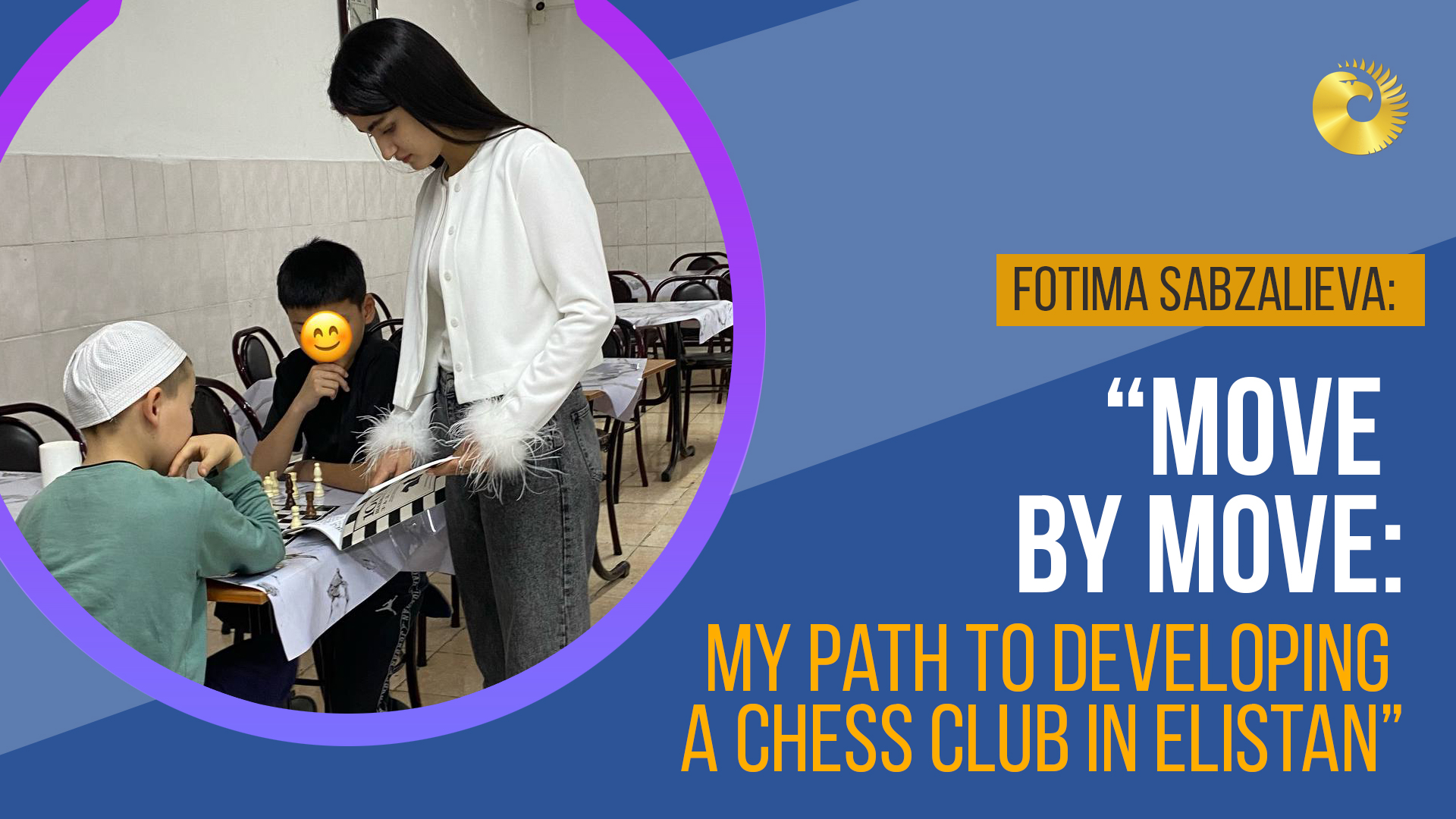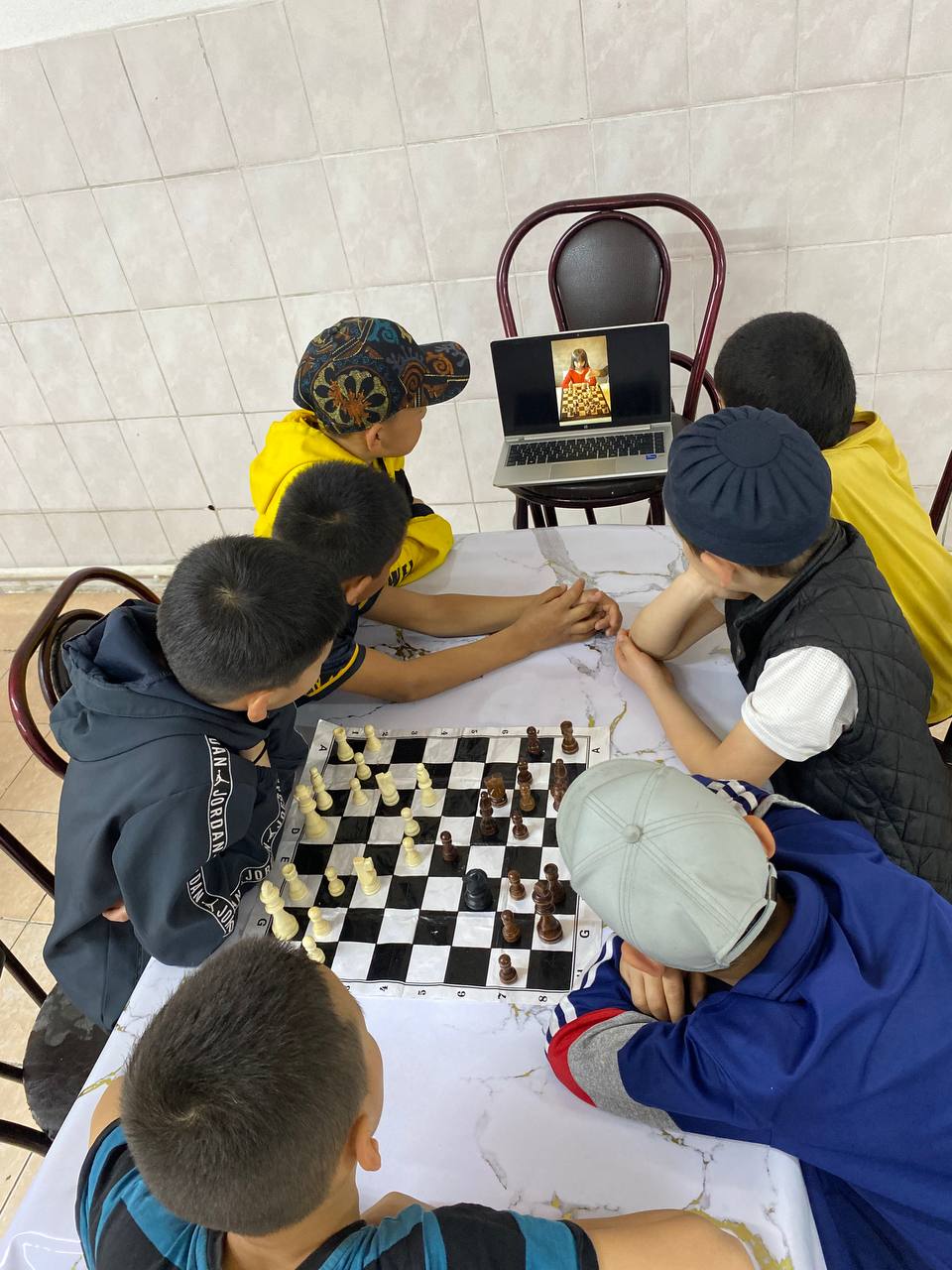May 15, 2024

╠² ╠² Civic engagement is essential to young people's lives today, where challenges and demands constantly change. This aspect is particularly evident in the student environment, where young people are eager to participate in projects that contribute to public benefit and personal development. I, Fotima Sabzalieva, a second-year student of the Faculty of Economics, also wanted to gain experience in participation in such projects and show my civic engagement. In the spring of 2024, I took the course "Challenges of the 21st Century" under Professor Ekaterina Galimova's guidance, which involved project participation.
╠² ╠² ╠²I decided to take responsibility and organize a Civic Engagement Project, proposing to open a club to teach chess to orphanage children. This was a natural choice for me, given my love for this mental game and my experience of participating in various chess tournaments. I saw chess as a game and an opportunity to develop children's abstract and logical thinking, calculation accuracy, attention and concentration, diligence, and hard work.Before the start of the chess club, I had a session with ┼╝├█╣·╝╩┤½├Į psychologist Aida Parpieva to get recommendations on how to work with children who have experienced difficulties in their lives. This meeting helped me look more confidently at and prepare for the upcoming work.
╠²
╠² ╠² The organization of the chess club took place in several stages, starting with an introduction to the basics of the chessboard and pieces and ending with practical exercises and problem-solving. I used a variety of methods, including the problem book "1001 Chess Tasks" by Roberto Messa and Franco Masetti., educational videos for beginners (Sergey Alekseev, Vladimir Chesslike), and cartoons to make the learning process fun and accessible to the children.

╠²
There were some difficulties during the club, such as language barriers and interpersonal conflicts between the children. However, with determination and outside help, these difficulties were overcome. I actively interacted with the children, resolved disputes, and maintained an interest in chess.
╠²
At the last lesson, there was a chess tournament. Before the class started, I explained the rules and discussed all the nuances. The children were delighted to participate in the tournament, as for many of them, it was their first experience of such events. At the end of the game, the winners were awarded, and each participant received a sweet prize. It was an excellent end to my club.
╠²
Participation in such projects not only develops the personal qualities of the participants but also has a positive impact on society as a whole. Civic engagement promotes a more mature outlook on life, empathy and compassion, and social responsibility.
By my example, I have seen that civic engagement helps personal development and contributes to social well-being. Through my story, I want to inspire people to believe in the power of civic engagement and actively create a better future for all.